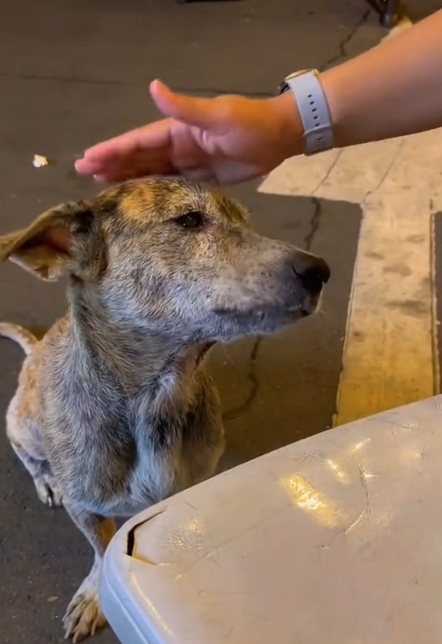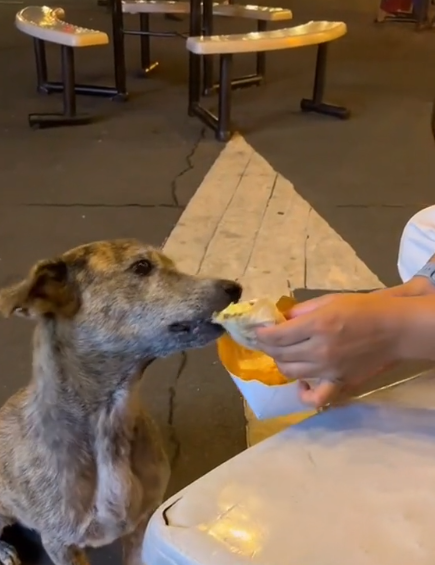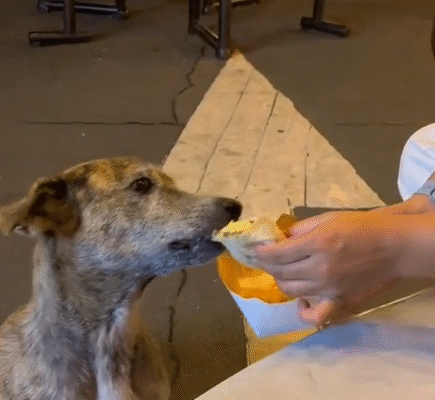
There’s a saying that goes, “The more I learn about people, the more I love my dog.” That phrase, often said in jest, carries a deep truth. Animals offer us something few humans can give unconditionally: pure, unwavering love. Whether it’s a loyal dog waiting by the door, a cat purring on your lap, or even a wild elephant showing gratitude to a rescuer, animals possess a purity of heart and action that often surpasses our own. And yet, in return, humanity too often responds with cruelty, neglect, or indifference.
The Quiet Companionship
Animals ask for very little—food, shelter, safety, and affection—but give so much in return. Pets like dogs and cats stay by our side through heartbreak, loneliness, and celebration. They never judge, never hold grudges, and never abandon us unless forced. A dog that’s been beaten may still wag its tail when it sees a kind hand. A stray cat, having suffered hunger and fear, might still purr the moment it’s given warmth.
Consider the story of Hachiko, the loyal dog in Japan who waited every day at the train station for his deceased owner to return—for nine years. Rain or shine, Hachiko sat at the same spot until his own death. That kind of loyalty is hard to find even among people.
Wild Animals and Gratitude
Even in the wild, animals display astonishing empathy. There are countless recorded instances of dolphins guiding lost swimmers to shore, elephants mourning their dead, or whales protecting divers from sharks. These acts aren’t driven by reward or recognition. They stem from a natural instinct that seems rooted in compassion.
A viral story once captured the internet’s heart: A man rescued a starving lion cub in the wild and raised it until it was healthy enough to return to nature. Years later, that same lion recognized the man and ran to embrace him—gently, lovingly, and without hesitation.
Another example is the elephant herd that walked for hours to attend the funeral of the conservationist who had helped protect them. Elephants are known to have deep emotions, forming bonds and expressing grief, proving that their inner lives are richer and more sensitive than we once imagined.
The Tragic Contrast
And yet, how do we treat these beings? Despite their generosity, loyalty, and emotional depth, animals are subjected to some of the worst sides of humanity. Factory farming confines intelligent, sentient beings in cages so small they can’t turn around. Dogs are bred in puppy mills with no regard for their health. Stray animals roam city streets, sick and starving, while people walk past without a second glance.
Many animals are used for entertainment—circuses, zoos, illegal fighting rings—and suffer behind the scenes. They’re taken from their homes, trained through fear, and then discarded when they’re no longer profitable. All of this, simply because they cannot speak for themselves.

The disconnect is heartbreaking. These are creatures that can form bonds, feel joy, and suffer pain. They cry when their young are taken. They mourn when a companion dies. Still, their voices remain unheard by most.
Healing Power of Animals
Animals don’t just give love—they also heal. Therapy animals have helped veterans with PTSD, children with autism, and patients recovering from surgeries. Horses have been used in equine therapy to help people regain confidence and trust. Dogs can sense seizures before they happen, detect cancer, and alert diabetics to changes in blood sugar.
And they do all this without asking for praise or payment. Their healing nature is simply part of who they are. In a world that can often feel overwhelming, animals bring peace. Watching birds fly, hearing the gentle hum of bees, or petting a cat curled on your lap—these small experiences remind us of what it means to be connected to life itself.
A Glimmer of Hope
Despite the sorrow and cruelty, not all hope is lost. Around the world, more people are recognizing the incredible value of animals and fighting to protect them. Sanctuaries provide safe havens for abused animals. Wildlife conservation groups work tirelessly to save endangered species. Stray dogs are adopted and loved. Campaigns against animal cruelty gain strength every day.
People are learning that animals are not ours to exploit, but to coexist with. We are stewards, not masters. Every life—no matter how small or silent—has worth.
Why We Don’t Deserve Them
“We don’t deserve animals” doesn’t mean we should give up trying. It’s a reminder. A challenge. It speaks to the idea that, compared to what animals give us, we too often fall short in return. We fail to protect them, to listen to them, to respect them.
But perhaps, if we acknowledge this truth, we can begin to deserve them—bit by bit. By treating animals with compassion, by teaching our children to care for all creatures, by supporting ethical practices, and by being the kind of humans our pets think we are, we can grow.
Because animals don’t care about your race, your wealth, your status. They love you for your kindness, your touch, your care. Their love is pure. And it is in that purity where we find not only comfort but inspiration.
Final Thoughts
Animals make our lives better in a thousand silent ways. They cheer us up after a hard day. They protect our homes. They fill the lonely hours. They teach us about loyalty, about joy, about presence.
Yet, every day, many are hurt or forgotten. So the phrase “we don’t deserve animals” becomes both a lament and a motivation. A lament for all the suffering we’ve caused—and a motivation to become the kind of people who might one day truly earn the love and loyalty of the animal kingdom.
We may not deserve them now. But we can try. For every wagging tail, every soft purr, every grateful gaze from a rescued soul—let us try.



